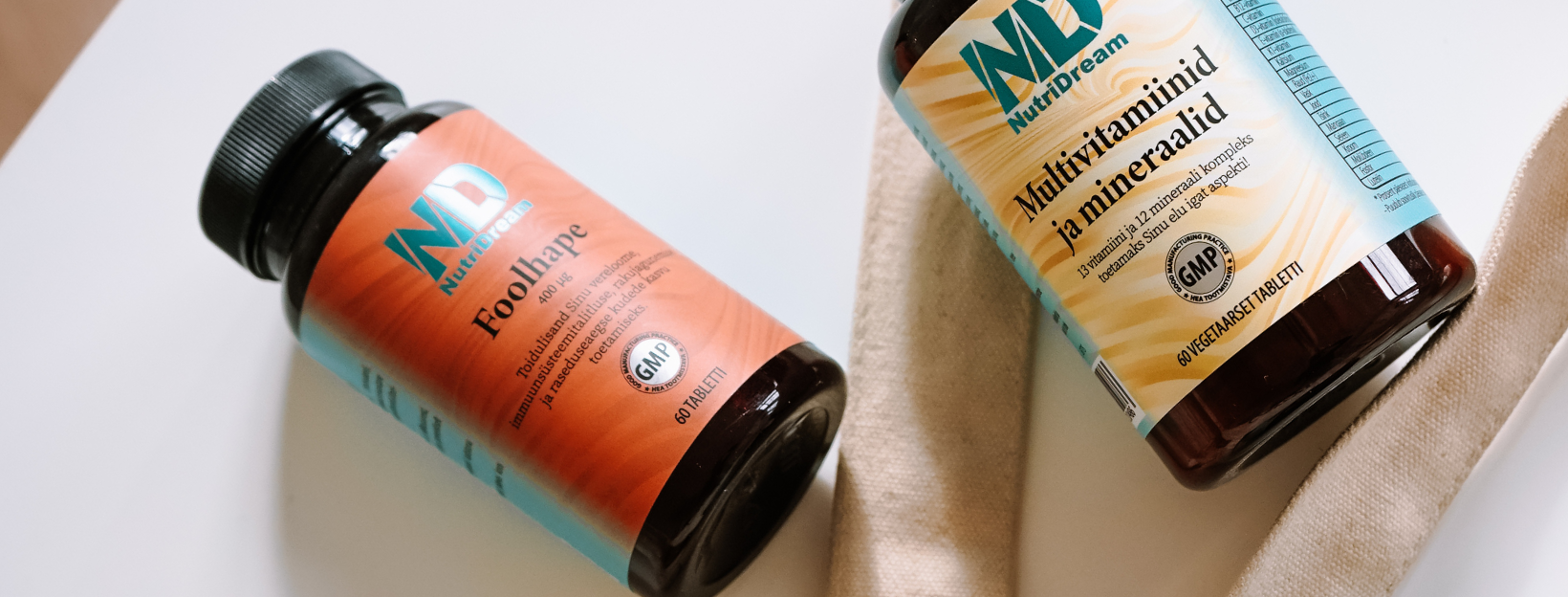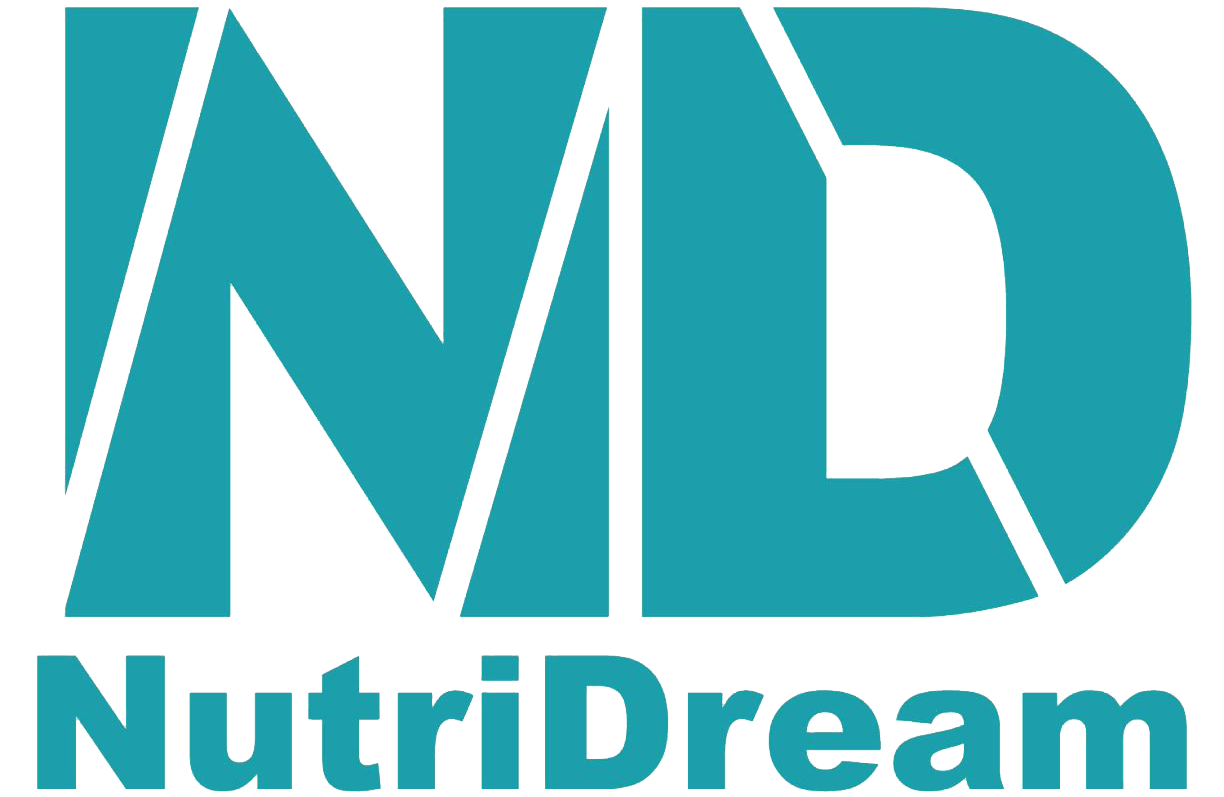The Development of the Immune System and the Role of Nutrition in Immunity

The Development of the Immune System and the Role of Nutrition in Immunity
The immune system is the body’s natural defense mechanism, protecting us from viruses, bacteria, and other pathogens. It is a complex and dynamic system that evolves throughout life, and its efficiency depends on genetics, environment, and lifestyle. One of the most important factors in supporting the immune system is balanced nutrition, which provides immune cells with essential nutrients.
In this article, we will explore how the immune system develops, the role of T and B cells, and how nutrition helps strengthen immune responses.
Components of the Immune System
The immune system begins to develop before birth and becomes stronger throughout life when we encounter various pathogens.
It consists of two main components: innate (non-specific) immunity and adaptive (specific) immunity.
The innate immune system includes physical barriers such as the skin and intestinal epithelium, which help prevent pathogen entry and provide primary defenses. It also includes leukocytes (white blood cells) like neutrophils, macrophages, and natural killer cells, which try to find and eliminate foreign pathogens. The inflammatory response triggered by infection or injury is also part of innate immunity. These components are non-specific, meaning they do not recognize or respond to particular pathogens.
The adaptive (specific) immune system develops over time as the body learns to recognize pathogens and fight them more effectively. It consists of B lymphocytes (B cells), which secrete antibodies, and T lymphocytes (T cells). These are pathogen-specific cells, and it takes several days or weeks for this response to develop, leading to immunological memory. When the same pathogen returns, the immune system reacts quickly and strongly.
The Development of Immunity in Childhood
A newborn’s first immunity comes from the mother—antibodies are transferred through the placenta and later via breast milk. First encounters with pathogens stimulate the immune system to learn and grow stronger.
During childhood and adolescence, the immune system fully matures and continues to evolve throughout life.
T and B Cells – The Intelligent Warriors of the Immune System
The two main types of adaptive immune cells are T lymphocytes (T cells) and B lymphocytes (B cells). These cells work together to ensure an accurate and effective immune response.
T cells develop in the thymus and are crucial for cell-mediated immunity. They have different subtypes:
✅ Cytotoxic T cells (CD8+ cells) – attack and destroy virus-infected and cancerous cells.
✅ Helper T cells (CD4+ cells) – activate B cells and help coordinate other immune responses.
✅ Memory T cells – “remember” past pathogens and enable a faster response upon re-exposure.
B cells are produced in the bone marrow. Their primary role is producing antibodies to help neutralize viruses and bacteria.
✅ Plasma cells – generate antibodies that bind to pathogens and mark them for destruction.
✅ Memory B cells – retain immune memory and ensure a quicker response to future infections.
While T cells destroy infected cells and coordinate the immune response, B cells produce antibodies to neutralize pathogens.

The Role of Nutrition in Supporting the Immune System
Nutrition is critical to immune system function. Adequate intake of vitamins and minerals—including vitamins A, C, D, E, selenium, and zinc—is essential. Deficiency in these nutrients weakens immunity and increases the risk of infections.
1. Important nutrients for the immune system:
- Vitamin C – strengthens white blood cell activity and protects cells from oxidative stress.
Sources: citrus fruits, peppers, kiwi, broccoli
- Vitamin D – helps activate T cells and reduces inflammation.
Sources: fatty fish, egg yolk, sunlight
- Zinc – important for white blood cell production and fighting viruses.
Sources: pumpkin seeds, beef, lentils - Omega-3 fatty acids – help regulate inflammation and support immune cells.
Sources: chia seeds, walnuts, salmon
NutriDream Omega-3 supplement Note: Folate deficiency affects thymus and spleen function and reduces T-lymphocyte levels.
2. Gut Microbiota and Immunity
The gut is home to trillions of bacteria that influence immune activity. A balanced microbiota helps produce immune-supporting substances and regulate inflammation. It is important to eat fermented foods daily, such as sauerkraut, unflavored yogurt, and kefir.
The immune system is a complex and dynamic network of organs, cells, and mechanisms. T and B cells play a crucial role in fighting pathogens and creating immune memory.
A strong immune system is not only determined by genetics and environment—balanced nutrition is essential for helping immune cells function optimally. Vitamins, minerals, antioxidants, and a healthy gut microbiome enhance immune defense and help protect the body from illnesses.
Take care of your immunity – it is your body’s best defense!
Author: Diana Zintšenko
Used source:
https://ods.od.nih.gov/factsheets/ImmuneFunction-HealthProfessional/












